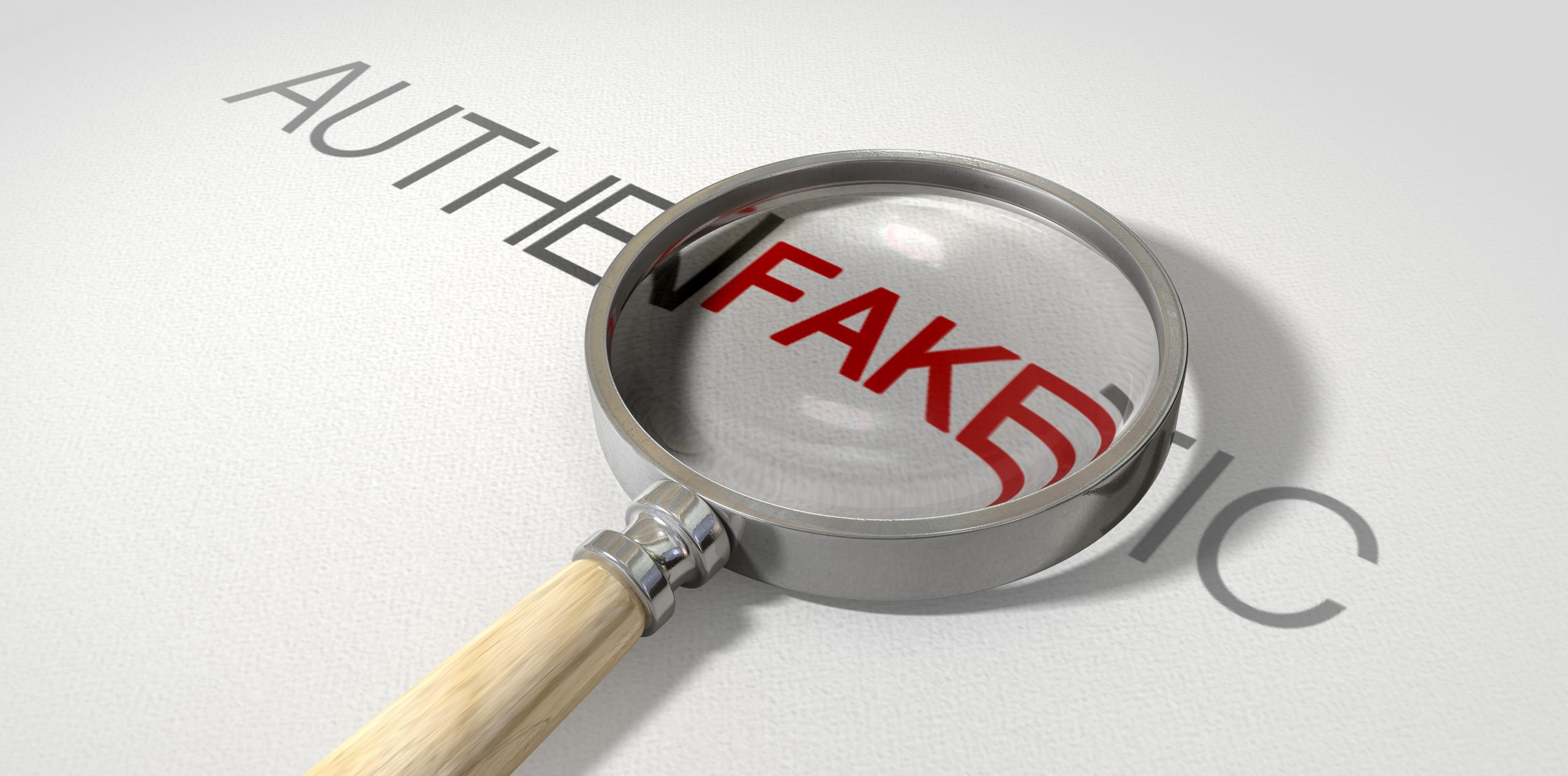This is a reposting of a comment first appeared on IP Osgoode available at this url.
Featured here is the first section of a paper by Abraham Drassinower, Associate Professor, Faculty of Law, University of Toronto. The paper was originally published in the Notre Dame Law Review. The full article can be found here.
The idea that the purpose of copyright law is to provide incentives for creativity is among the most fundamental and most established ideas in North American copyright discourse.[1] There can be no doubt, of course, that copyright discourse in North America is highly contested. Some regard it as nothing less than the site of so-called “copyright wars,” of intense struggles—intellectual as much as practical, political as much as theoretical—between copyright maximalists and copyright minimalists, advocates of high copyright protection and advocates of low copyright protection. [2] This manifest presence of vibrant, vigorous, and vivid controversy, however, obscures the depth of the latent agreement that frames it. Few, if any at all, would contest the bedrock idea that copyright law is about providing incentives for creativity.[3] The pervasiveness of the hold that instrumentalism has over the North American copyright imagination is paralleled only by the ease with which that imagination summarily rejects or dismisses rights-based accounts of copyright law—accounts rooted in a vision of the inherent dignity of authorship.
One of the nodal points of the copyright wars is the ongoing discussion about the expansion of copyright scope and copyright subject matter since the enactment of the Statute of Anne,[4] the world’s first copyright statute, in eighteenth century England. Predictably, whereas copyright minimalists object strenuously to this expansion, copyright maximalists support it. Equally unsurprisingly, both maximalists and minimalists formulate their position from the shared standpoint of instrumentalist copyright theory.
My purpose here is to offer minimalists some words of both caution and comfort. The cautionary aspect is that minimalism ought to be far more suspicious than it actually is about the instrumentalist hegemony in copyright discourse. Instrumentalist discourse is, in my view, part and parcel of the very expansion that minimalism seeks to counter. Copyright protection has consistently expanded since Donaldson v. Beckett [5] affirmed (a) the supremacy of the Statute of Anne over common law copyright, and (b) the still prevailing view that copyright law is not a juridical recognition of rights inherent in the act of authorship but rather a policy instrument designed to promote the public interest in creativity. Thus, historically speaking, copyright expansion has taken place and continues to take place under the supremacy of instrumentalism. To be sure, this historical correlation is not by itself sufficient to persuade us that instrumentalism is necessarily complicit in the constriction of the public domain. It does strike me as sufficient, however, to generate significant unease about any uncritical adoption of the instrumentalist paradigm in the name of the expansion of the public domain.[6]
The comfort I seek to offer is that there are, of course, alternative accounts of copyright law. These accounts are none other than the rights-based accounts that, in its habitual endorsement of instrumentalism, minimalism dismisses far too summarily. One of the major complaints that minimalism levels against rights-based discourse is that, once enshrined as a matter of inherent dignity, the rights of authors under copyright law cannot be easily constrained. With this complaint in mind, I want to emphasize that, on the contrary, rights-based discourse envisions not only the claims of authorship but also, and therefore, those of the public domain as a matter of inherent dignity. The rights-based account of authorship is also a rights-based account of the public domain. My purpose is, in short, to generate minimalist unease about instrumentalism and to evoke the as yet largely unexplored potential of a rights-based minimalism.[7] At the very least, I seek to undo the widespread apprehension that rights-based accounts are necessarily maximalist accounts.
Following a sketch of the shared terrain on which the copyright wars take place (Part II), I make some observations about minimalism as a critical stance seeking to oppose a particular normative conception of copyright law to the realities of copyright expansion (Part III). I then briefly describe the historical correlation between instrumentalism and copyright expansion (Part IV). I conclude with some remarks about the absence in instrumentalist discourse of an account of the necessary role of the public domain in copyright law, and about the presence of such an account in rights-based discourse (Part V).
[1] See William Fisher, Theories of Intellectual Property, in NEW ESSAYS IN THE LEGAL AND POLITICAL THEORY OF PROPERTY 168, 169–73 (Stephen R. Munzer ed., 2001).
[2] See, e.g., WILLIAM PATRY, MORAL PANICS AND THE COPYRIGHT WARS 1–41 (2009). For discussion of copyright maximalism and copyright minimalism, see Neil Weinstock Netanel, Copyright and a Democratic Civil Society, 106 YALE L.J. 283, 285–88 (1996). For discussion of copyright politics, see JESSICA LITMAN, DIGITAL COPYRIGHT (2001).
[3] For examples of such contestation, see ROBERTA ROSENTHAL KWALL, THE SOUL OF CREATIVITY 23, 53 (2010); Abraham Drassinower, Authorship as Public Address: On the Specificity of Copyrightv vis- `a-vis Patent and Trade-mark, 2008 MICH. ST. L. REV. 199; Wendy J. Gordon, A Property Right in Self-Expression: Equality and Individualism in the Natural Law of Intellectual Property, 102 YALE L.J. 1533, 1548 (1993); Justin Hughes, The Philosophy of Intellectual Property, 77 GEO. L.J. 287, 303–04 (1988); and Alfred C. Yen, Restoring the Natural Law: Copyright as Labor and Possession, 51 OHIO ST. L.J. 517, 518 (1990). See also Maurizio Borghi & Stavroula Karapapa, Non-Display Uses of Copyrighted Works: Google Books and Beyond, 1 QUEEN MARY J. INTELL. PROP. 21 (2011) (arguing for protection of non-display uses of digital works through data protection law in order to account for authorship rights more adequately than traditional copyright law); Kim Treiger-Bar-Am, Kant on Copyright: Rights of Transformative Authorship, 25 CARDOZO ARTS & ENT. L.J. 1059 (2008) (calling for a recognition of the tradition of authors’ rights extant in the Anglo-American copyright regime).
[4] 1710, 8 Ann., c. 19 (Eng.)
[5] 1774, 1 Eng. Rep. 837 (H.L.)
[6] For varying formulations of that unease, see Anne Barron, Copyright Infringement, ‘Free-Riding’ and the Lifeworld, in COPYRIGHT AND PIRACY 93 (Lionel Bently et al. eds., 2010); Maurizio Borghi, Copyright and Truth, 12 THEORETICAL INQUIRIES L. no. 1, art. 2 (2011), http://www.bepress.com/til/default/vol12/iss1/art2; Maurizio Borghi, Owning Form, Sharing Content: Natural-Right Copyright and Digital Environment, in 5 NEW DIRECTONS IN COPYRIGHT LAW 197 (Fiona Macmillan ed., 2007); Abraham Drassinower, From Distribution to Dialogue: Remarks on the Concept of Balance in Copyright Law, 34 J. CORP. L. 991 (2009) [hereinafter Drassinower, From Distribution to Dialogue]; Abraham Drassinower, A Rights-Based View of the Idea/Expression Dichotomy in Copyright Law, 16 CANADIAN J.L. & JURIS. 3 (2003) [hereinafter Drassinower, A Rights-Based View]. See also Stephen Breyer, The Uneasy Case for Copyright: A Study of Copyright in Books, Photocopies, and Computer Programs, 84 HARV. L. REV. 281, 350–51 (1970) (arguing that instrumentalist account provides a weak general case for copyright protection); Diane Leenheer Zimmerman, Copyright as Incentives: Did We Just Imagine That?, 12 THEORETICAL INQUIRIES L. no. 1, art. 3, at 29, 54–58 (2011), http://www.bepress. com/til/default/vol12/iss1/art3 (juxtaposing instrumentalist account of copyright law with issues concerning the nature of the creative process).
[7] See Hugh Breakey, Natural Intellectual Property Rights and the Public Domain, 73 MOD. L. REV. 208 (2010); Abraham Drassinower, Taking User Rights Seriously, in IN THE PUBLIC INTEREST 462 (Michael Geist ed., 2005).


